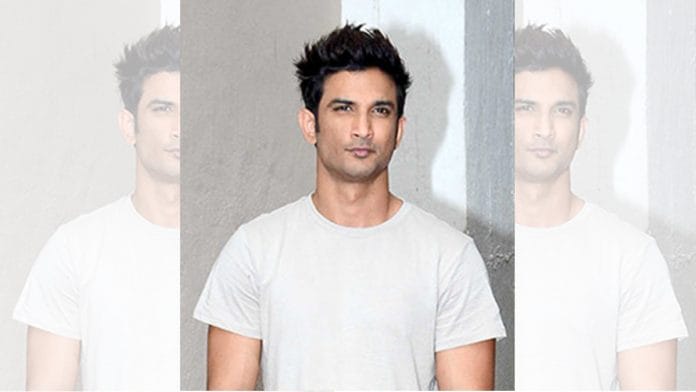What does a society do when it is faced with an unprecedented crisis that it was not prepared to face? What does it do when this crisis is made worse by the unstable foundations of that society? Most importantly, what can it do when it has been accustomed to pampering itself and pretending like the problems it has are non-existent and its most used approach to solving them has always been wishful thinking?
The answers to these questions are quite simple and are not unique to just a particular society. Throughout history, we have seen that when people who live in badly organised societies face problems of a certain magnitude, instead of trying to cooperate and solve the problem through the wonders of democracy and participatory governance, they choose to make enemies among themselves that causes chaos and disorder.
If we look at it without a moral lens, we can understand that mobilising a mob of millions or billions of people against something is a lot easier than doing the same in support of something. It is easier to blame, hate or discredit someone than it is to think, cooperate and organise ourselves in a meaningful way for something that is noble and can lead to better outcomes.
Losing the plot in Sushant case
India is no exception to this theory of mine. When we look at what is going on over the death of Bollywood actor Sushant Singh Rajput, an important question arises: When did this dialogue go from talking about the suicide of an actor to nepotism in Bollywood to drugs in Bollywood and finally to drugs in general?
It would have made some sense if India were, in fact, obsessed with just Rajput’s death, as unhealthy as that would have been. But, it’s not even about that anymore. It’s about who the media can come up with to hate and make fun of constantly until that person finally kills themselves and we are then back to square one, talking about suicide.
In this case, it happened with the deceased actor’s close ones and other Bollywood figures.
So, to put it simply, the answer to the first part of the question — Has India been obsessed with the death of Rajput — is yes and no.
We haven’t really been talking about the actor’s death, instead we are speculating and making claims about Bollywood and drugs in general that have absolutely no factual basis. But all of this has been happening under the pretence of serving justice to the actor, so we cannot say that we are not obsessed with his death either.
Now, let’s come to the second part of the question: “Is the media to blame for this?”
Although it can be argued that it is largely the media’s fault that this atmosphere of hatred has been created in this country, I personally believe that we can no longer afford to blame just the media for this kind of a circus, or even politicians for that matter.
‘We need better public’
It has become quite clear to me that that the fundamental problem lies elsewhere.
Let me roughly quote the great English social critic, Christopher Hitchens, to help explain my stance, “We don’t need better politicians or better journalists, what we need is a better public.”
Although this statement may seem a bit harsh and cynical at first, if we think about it, there is a great sense of responsibility and concern in the statement. It captures the essence of democracy.
If we, the Indian people were rational and if our intentions were as virtuous as claimed by many ‘leaders’, we would not have been here, in this situation.
We take every possible opportunity to be superstitious and irrational so that we can avoid having to think as a collective and act in a cooperative manner. We dread the thought of having to face unpleasant truths. We’d rather discredit the people who talk about problems and make them our enemies and bully them.
To conclude, I think Sushant Singh Rajput’s death probe reveals deep flaws in our way of thinking as people and our collective mindset. If we stop taking shortcuts to comfort ourselves and accept each other as fellow individuals who, at some level, are on the same side, there is every possibility that we will start working with each other for a common aim and this will help us achieve anything we need.
However, there is no indication of this rational move happening anytime in the near future. And this is an unpleasant truth we have to face.
Bhaasita Athani is a student of Christ Junior College, Bengaluru.






